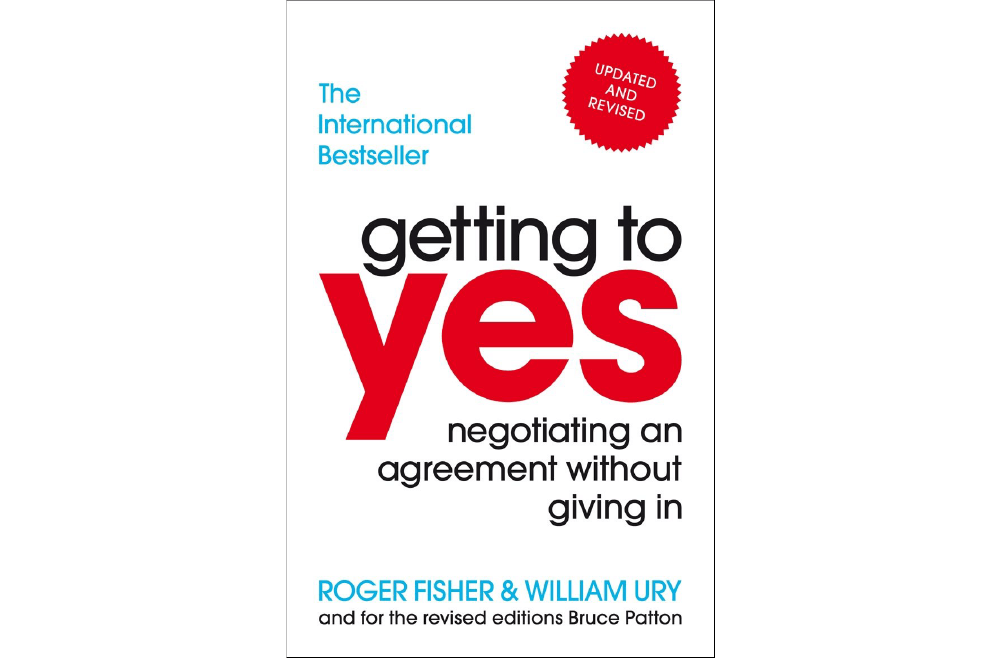Mastering Negotiation Skills: Getting to YES - A Guide to Agreement without Compromise
Mastering
Negotiation Skills: Getting to YES - A Guide to Agreement without Compromise
Introduction:
In
the world of business and personal interactions, negotiation plays a vital role
in achieving mutually beneficial outcomes. "Getting to YES: Negotiating an
Agreement Without Giving In" is a groundbreaking book written by Roger
Fisher and William Ury. This timeless guide offers valuable insights and
strategies for achieving successful negotiations while preserving relationships
and avoiding unnecessary compromises. In this SEO-optimized article, we will
explore the key principles and techniques presented in "Getting to
YES" and demonstrate how they can empower you to become a master negotiator.
Understanding the
Principled Negotiation Approach
"Getting
to YES" introduces the principled negotiation approach, which emphasizes
fair and principled decision-making rather than resorting to power-based tactics.
This method focuses on four key principles: separating people from the problem,
focusing on interests rather than positions, generating a variety of options,
and using objective criteria to reach agreement.
Building Positive
Negotiation Relationships
Successful
negotiation involves establishing and maintaining positive relationships with
the other party. The book emphasizes the importance of open communication,
active listening, and empathy to understand the underlying interests and
concerns of both parties. By focusing on shared goals and finding common
ground, negotiators can foster a collaborative atmosphere that increases the
likelihood of reaching a mutually beneficial agreement.
Creating Win-Win
Solutions
One
of the core concepts of "Getting to YES" is the idea of creating
win-win solutions. By separating positions from interests, negotiators can
uncover underlying needs and generate multiple options that meet both parties'
goals. This approach encourages creative problem-solving and promotes
innovative solutions that satisfy everyone involved. Such win-win outcomes
enhance the chances of long-term cooperation and maintain relationships for
future collaborations.
Overcoming Common
Negotiation Challenges
Negotiations
can be complex and challenging, often requiring individuals to navigate various
obstacles. "Getting to YES" addresses these challenges and provides
strategies for overcoming them. The book offers techniques for dealing with
difficult negotiators, managing emotions, handling disagreements, and moving
past impasse situations. By understanding these common hurdles and employing
the book's recommended approaches, negotiators can maintain their composure and
advance towards successful agreements.
Applying Objective
Criteria
To
ensure fairness and objectivity in negotiations, "Getting to YES"
emphasizes the use of objective criteria. By relying on independent standards,
such as market value or industry benchmarks, negotiators can anchor their
proposals and substantiate their arguments. This approach minimizes the
influence of personal biases and enhances the likelihood of reaching an
agreement based on reason rather than subjective judgment.
